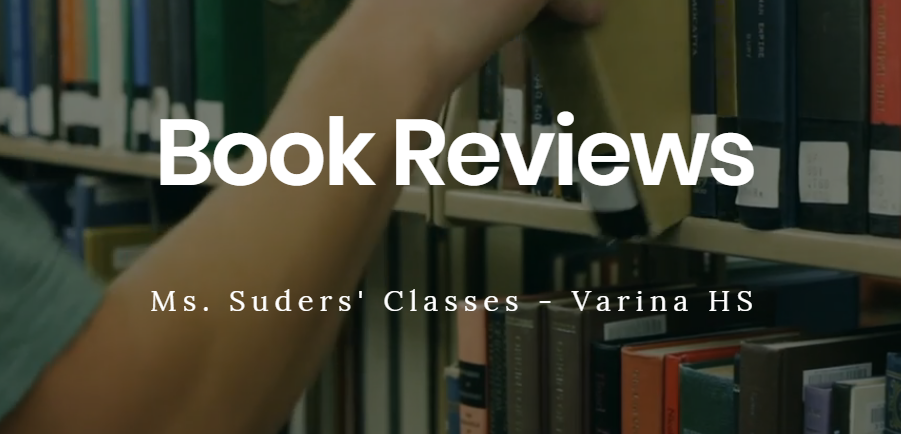Submitted by: Lara Haney
Collaborators: Carrie Simmons
School: Hermitage HS
Summary
TIPC Ratings
Ideal/Target: The teacher creates an authentic task in presenting the panel discussion forum to the class. She also facilitates students as they research federal mandates and as they prepare their arguments for the panel discussion experience. Students are required to do advanced searches for information pertaining to the federal mandate they select. Within each group, students determine who will represent the state and federal government perspectives on each mandate. In order to do this, they must evaluate lots of information and determine the relevancy of this information to current issue pertaining to the federal mandate. For some websites, students may also realize the necessity of checking source evaluation for credibility, accuracy, reliability, relevance, date, scope and purpose. After sufficient research, each group has to organize the information so that they can formalize their arguments for the state or federal government perspectives.
Ideal/Target: The teacher facilitates an activity in which students select a federal mandate of interest to them. After students make their selection, they group themselves according to the mandate they select. The teacher creates teams within SchoolSpace so that students can share files and resources as they work together in their groups. Within each group, students set norms and determine who will represent the state and federal government perspectives; the order in which their information will be presented to the class via their panel discussion; how their research will be organized for the panel presentation; research strategies that target their topic; how to divide the research to ensure efficient use of time; online opportunities that will facilitate communication and collaboration; who will work as a group to produce the podcast; software tools for the creation of the podcast, etc. During the culminating activity, students reflect on their group experience and respond to the following questions: What worked well in your group? Did you make a significant contribution to the group? If so, explain; if not, explain. Did you communicate your ideas effectively to the class during the panel discussion? If you participate in another group activity, what would you do differently to make the group successful?
Approaching: The teacher begins the class with an activity, via ActivEngage, in which students respond to questions, basically from recall. However, as the class progresses and students assemble in their groups, the teacher poses the essential questions to the class to analyses and evaluation (critical thinking) of information pertaining to the federal and state governments. As students work together in their groups, they formulate questions that they anticipate the audience (class) will ask during their panel presentation. In this way, they are preparing themselves to respond quickly and professionally. During the culminating activity, students use a discussion forum in SchoolSpace to reflect on their panel discussion experience and the arguments they presented to represent state and federal government perspectives on the federal mandates. They also reflect on their analysis of the federal mandate process and make recommendations for improvement.
Approaching: Students create a podcast on one of the federal government mandates. Students include information from their research on the mandate, their arguments regarding the mandate, expectations and predictions on public opinions and how the mandate will affect social change. They also include appropriate video clips and pictures in the podcast. The podcast serves to strengthen the position the students have taken for or against the actions of the state and federal government, and enables them to reflect on the future impact of laws on society.
Student Artifact




